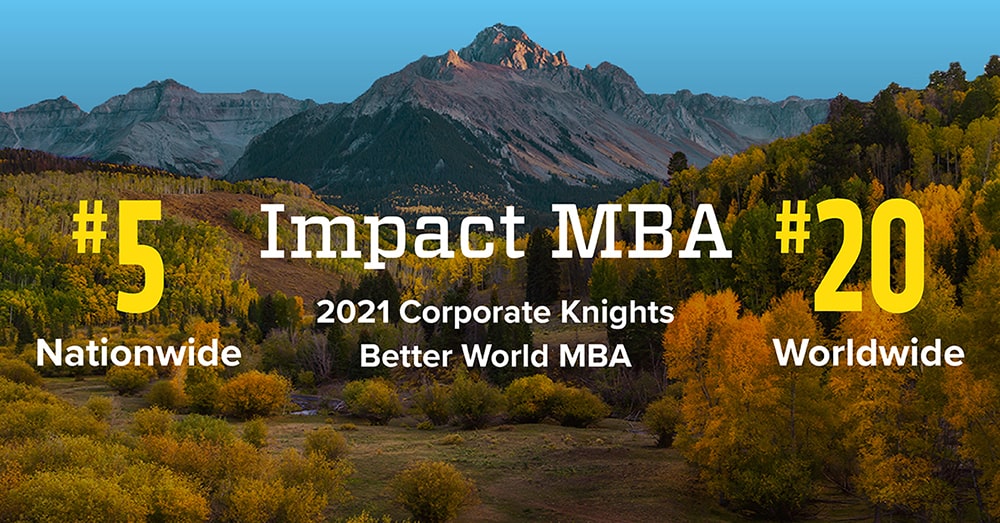
Program’s leading-edge sustainability curriculum drives Corporate Knights ranking
The Impact MBA at the Colorado State University College of Business was ranked as the No. 5 Better World MBA in the United States by Corporate Knights, and No. 20 worldwide.
Corporate Knights is a leading international publication which measures rankings based on sustainability performance. The Impact MBA cleared a highly competitive field of participants including schools accredited by AMBA, AACSB or EQUIS, as well as those on the most recent Financial Times 100 MBA Ranking.
The ranking evaluates programs on integration of sustainability across core courses, the amount of sustainability-related research published by faculty as well as faculty gender and racial diversity. The Corporate Knights ranking builds on the program’s Wharton-QS Reimagine Education silver award for sustainability education in 2020. For that award, the Impact MBA was recognized from among more than 1,400 programs worldwide that participated in the competition’s many categories.
Both honors affirm the Impact MBA program and the College of Business’s commitment to using business to create a better world.
“Addressing social and environmental sustainability is becoming increasingly important to students,” College of Business Dean Beth Walker said. “The Impact MBA has focused on those topics for more than a decade, and our College’s innovation has helped define sustainability education, not just in the graduate space, but for students in all our programs.”
The award-winning Impact MBA’s cutting-edge focus on the triple bottom line of people, purpose and profit has driven innovative course development and practical hands-on learning experiences since its inception in 2006 as the Global Social and Sustainable Enterprise MBA. Recently renamed the Impact MBA, the program has served students from 71 countries who seek the skills and knowledge to connect purpose with profit.
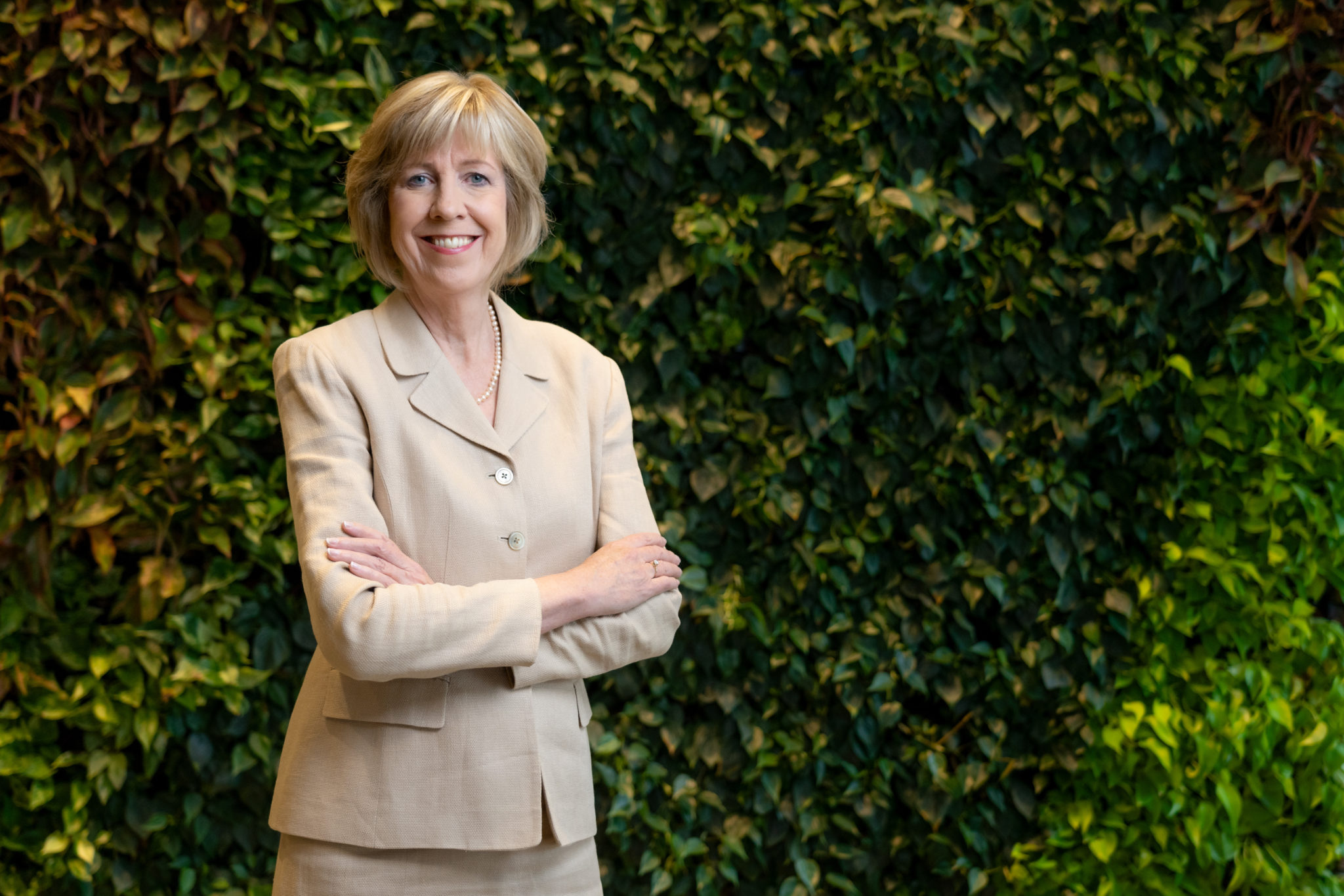
“Together, we’re connecting passion with profit and creating meaningful change.”
– CSU College of Business Dean Beth Walker
Impact MBA alumni have influenced a wide range of organizations, from for-profit businesses such as Google and Natural Grocers to nonprofits like the Nature Conservatory. Alumni also develop and implement policies in federal institutions such as the National Renewable Energy Laboratory, the U.S. Department of State and the National Park Service. They join the College of Business’s network of more than 35,000 alumni worldwide.
Two tracks, one purpose
All students enter the program with a passion for sustainability and achieving business goals that balance economics, environment and social objectives. The Impact MBA offers students the choice between two tracks, Social Entrepreneurship and Corporate Sustainability. The social entrepreneurship track provides an opportunity for students to start their own venture, while the corporate sustainability track enables students to influence change and lead sustainability projects from within organizations.
“Companies recognize the importance of the triple bottom line of people, planet and profit,” Impact MBA Program Director Kat Ernst said. “Our innovative approach combines advanced business skills with world-class sustainability experts across campus and turns our visionary and passionate students into tomorrow’s leaders.”
Students in both tracks spend the summer between their second and third semesters engaged in fieldwork that provides the opportunity to channel classroom knowledge into projects with a tangible, real-world impact. Teams from the Social Entrepreneurship track choose an environmental or social issue to address, then spend up to 60 days in a practicum developing a business plan, performing market research and laying the foundations to launch a startup venture or a nonprofit that addresses a global challenge.

The practicum is more than an academic exercise. Many ventures developed during the program have received funding and transitioned into active startups or nonprofits, including ayzh, which provides birth kits to mothers in developing nations; Nobilis Aqua, a venture that supplies sustainable fish feed to hatcheries; and Afinidata, an early-childhood education app.
In the Corporate Sustainability track, students combine multidisciplinary coursework that may include sustainability reporting and carbon management with a fellowship position in partner corporations. In their fellowships, students develop a sustainability-related effort to drive business transformation, helping successful companies make sustainability gains while preserving their bottom line. In the fellowship program’s 2021 inaugural year, 31 students participated at companies such as Lightning eMotors, the Food Bank of the Rockies and Montanya Distillers.
“Summer fellowships and practicums are a signature piece of the Impact MBA,” Ernst said. “Students don’t just receive invaluable real-world experience over the summer. They get an exceptional opportunity to start making the transformational changes that drew them to the College of Business before they graduate.”
Continuing innovation in sustainability education
The Corporate Knights ranking underscores the Impact MBA’s history of leadership in fields of sustainability, but the program is only a portion of the College of Business’s vision of using business to build a better world. In January 2022 as part of LevelUp week, the College will collaborate with the Value Reporting Foundation (VRF) to offer a course available to all graduate students within the College focused on the Fundamentals of Sustainability Accounting certificate.
In it, the College will offer approved training to identify, measure and communicate material sustainability information in financial, accounting and legal environments. The course, which is one of only a handful of college partnerships with the VRF in the nation, provides students and community members a rare opportunity for classroom instruction in pursuit of the credential.
“Business influences all aspects of our world,” Walker said. “I am so proud that College of Business students understand the responsibility that comes with this power and are deeply committed to using business to create a better world. Together, we’re connecting passion with profit and creating meaningful change across industries.”
The Impact MBA
Using Business to Join Purpose and Profit
In a world facing increasing pressures to meet social, economic and environmental needs, sustainable change can be created by incorporating the triple bottom line of people, planet and profit.
Fighting Food Insecurity in Mozambique

Three CSU Impact MBA students are on a team that has entered the finals of an international competition helping countries grappling with supply chain issues caused by natural disasters.
Students Advance Corporate Sustainability
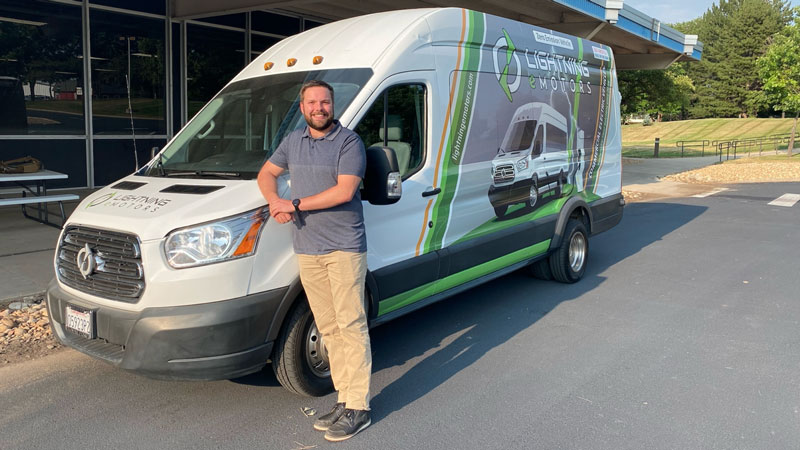
Every Impact MBA Corporate Sustainability student spent 400 hours this summer working with companies and nonprofits to identify, analyze and address the organizations’ sustainability challenges.
Immigrant-Friendly Financing
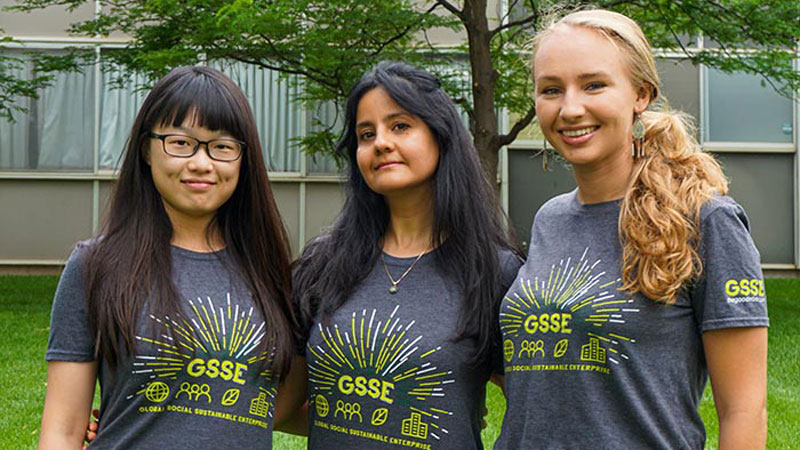
Immpower is working help immigrants and refugees achieve the American dream of business ownership – even if that means rebuilding financial institutions to do it.
Reducing Emissions Using Cattle Feed
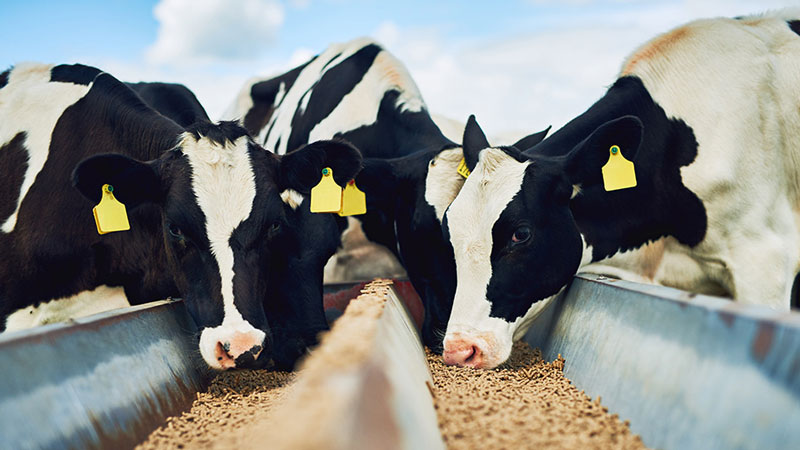
Seagraze aims to reduce the methane emissions from cattle by up to 90% using seaweed-based feed additives and introducing low-emission beef as a premium grocery product.
Cutting Waste by Saving Surplus Food
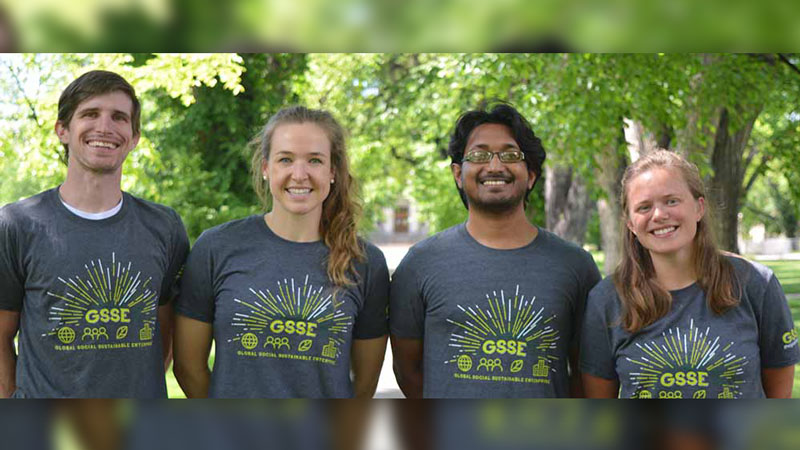
ReKaivery brings local food distribution into the digital era by connecting local farms and cooks where existing supply chains have failed to prevent food waste.
More About the Impact MBA
Connect purpose and profit. Our award-winning Impact MBA is a STEM-designated, 16-month on-campus program with a choice of two tracks: Social Entrepreneurship or Corporate Sustainability. You’ll learn ways to use business to tackle some of the biggest challenges of our time with results focused on the triple bottom line of economic, social and environmental performance.